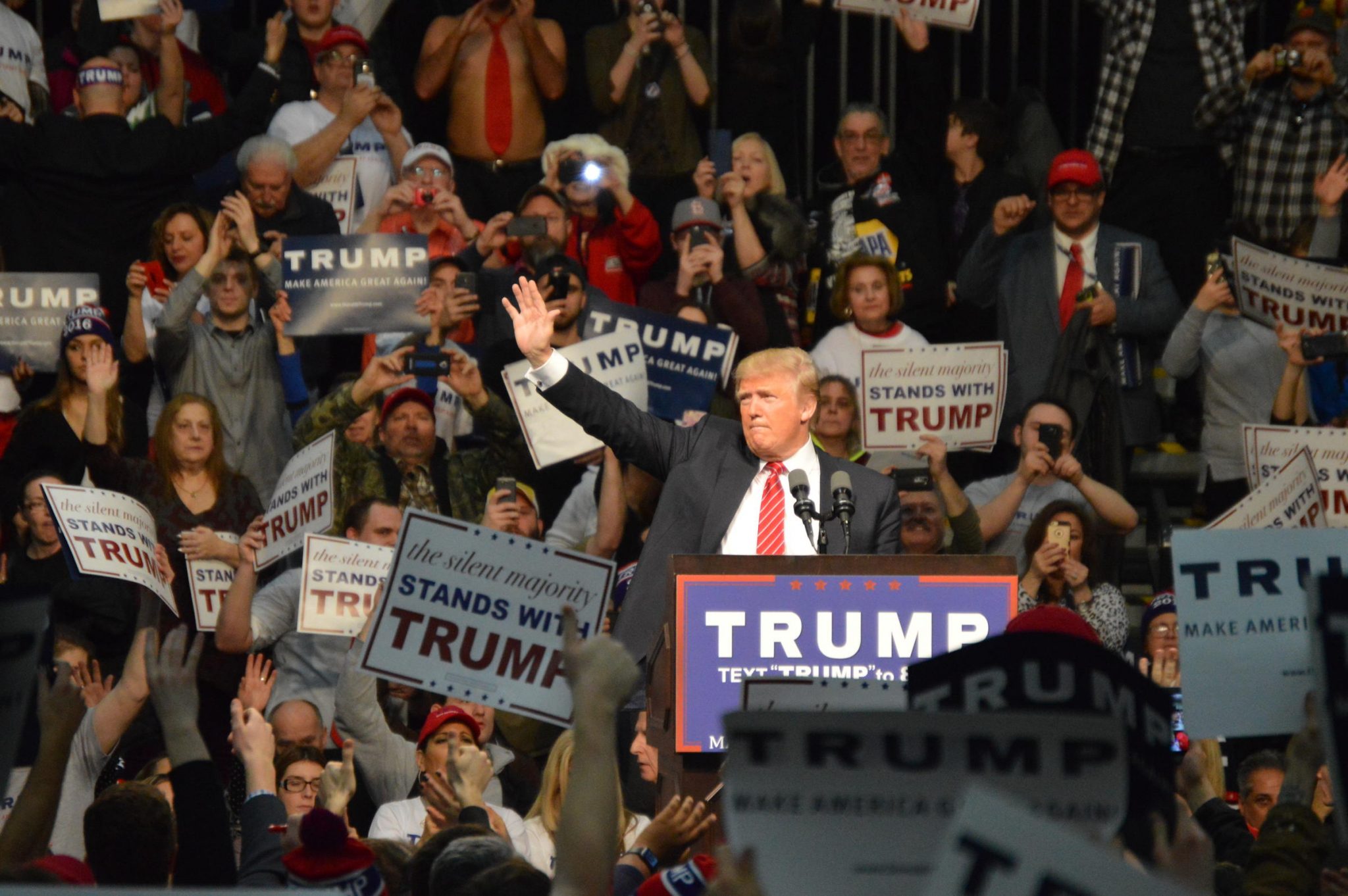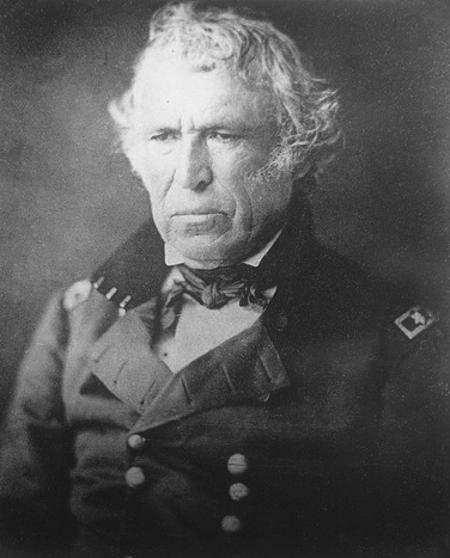Historian Draws Parallels Between Trump and Zachary Taylor, Who Killed His Party
Professor Gil Troy explains how a political outsider celebrity destroyed the Whig Party in 1848.

“We have an anti-politics politics,” says historian Gil Troy. “We love outsiders. We think politicos have sold their souls… We’re always looking for redemption, looking for an outside hero.”
Donald Trump has been the Republican Party’s presumptive nominee for a little over a month, and we’re already seeing signs of trouble with his campaign. Many prominent Republicans have fallen in line behind Trump, but they are left in the awkward position of condemning his statements as un-American and counter to conservative ideals while also defending their support for his bid for the White House. And many in the GOP are concerned about the fact that Trump’s fundraising shortcomings are veering his campaign away from battleground states.
This is a candidacy unlike any we’ve seen during our lifetime. But it’s not unprecedented, according to McGill University professor of history Gil Troy. He wrote a piece for Politico drawing parallels between Trump and President Zachary Taylor titled “How An Outsider President Killed A Party.”
Troy tells Detroit Today host Stephen Henderson that in 1848, there were two major political parties, the Whigs and the Democrats. At that time, the debate over slavery was beginning to reach a fever pitch, creating tension in American society.
He says “Old Rough and Ready” Zachary Taylor had no ties to the Whig party, or politics at all – having never voted in a presidential election before. But he had become a “pop star,” a celebrity, because of his victories as a general in the Mexican-American war. He was also one of the wealthiest Americans, largely because of his inherited slave holdings.
In an effort to win the 1848 election, the Whigs put their platform aside and nominated Taylor. Although he wins the election, the Whigs never recover from the turmoil Taylor’s candidacy caused within the party. The Whigs do not elect another candidate to the White House. Within ten years, the party is defunct, leading to the rise of the new Republican Party.
“The very election has people arguing, why did he win? Did he win as a sort of triumph of the Whig Party or was it simply a takeover?” Troy says. “It gets to a core question in American history when a party is running a candidate; is the candidate the most important thing?…Or is it about a broader sense of principals? And when an outsider comes in and has no deep connection to the party – sound familiar? – and when he beats the rock-ribbed conservatives of his day… then even if he wins, is that a party triumph? Or what does it do to the party?”
“We have an anti-politics politics,” Troy continues. “We love outsiders. We think politicos have sold their souls… We’re always looking for redemption, looking for an outside hero.”
But Troy says, “History, of course, isn’t destiny. But history teaches us lessons. I’m not trying to be predictive, I’m trying to say, what do we learn from it?”
Taylor dies after just 16 months in office, likely due to a food-borne illness. That led to the “disastrous” presidency of Millard Fillmore. Both Taylor and Fillmore are often ranked among the nation’s worst presidents.
To hear the full conversation, click on the audio player above.

